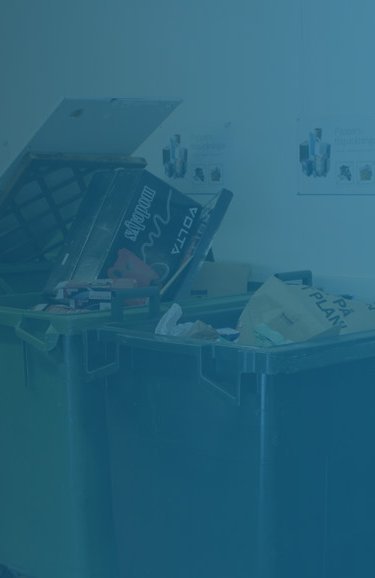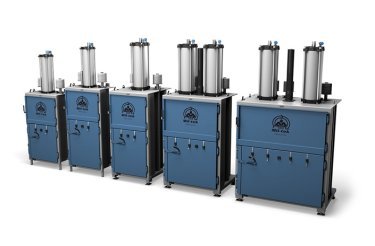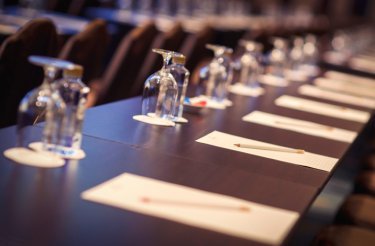
What are the ways of eliminating waste in the hospitality industry?
According to the European Commission, tourism produces 6.7% of the waste within Europe. It’s a smart move to eliminate, recycle and reduce waste, especially plastics and cardboards, which reduce profit and contribute to climate change.
Waste reduction as part of hospitality excellence
The average unsorted waste produce per guest per night is nearly half a kilo, which has to be disposed of by the hospitality industry, day in, day out. Reducing this level of waste improves the environment and creates a unique profile for a hospitality business.

Combat single serving
The single serve (sachets and packets) is one of the biggest waste contributors in the hospitality industry and simple conversions such as pump actions for soaps and lotions, jars and bowls for jams and condiments and using local producers for baked goods can all limit waste packaging which is a drain on profits.
Sort recycling
Guests can actually do recycling for you! Having recycling areas in a hospitality business allows your guests to dispose of plastic and paper waste separately, simplifying your waste systems and allowing a business to package waste efficiently, using waste compactors and balers to reduce transportation costs etc.
Save water
From water jugs on the dining tables to covers on a swimming pool, the hospitality sector can make massive savings in water. Press button taps in bathrooms, especially public ones, can reduce water consumption by up to 30%. Asking guests to reuse towels cuts laundry costs by around 17% on average.
Consider up-cycling
Repurposing and reusing items that would otherwise be waste is a creative way that hospitality businesses can save money. For example, old furniture can often be reused in staff areas, damaged items can be repainted and glass jars and bottles can be repurposed as outdoor lanterns and vases.

Waste reduction in hospitality – a mindset as well as a practice
For many hospitality companies, waste is a by-product of a mistaken belief that customer satisfaction depends on consumerism. Training staff to think about customer satisfaction as being partly delivered by thoughtful use of resources is a complex but rewarding process. Some examples are:
- Offering to help guests find places on Google maps rather than using paper tourist maps
- Only giving diners the napkins they need, or using fabric napkins rather than a huge wad of paper ones
- Creating an app for your menu/facilities rather than a brochure.
Above all, helping your staff communicate your waste reduction values as they interact with guests creates a unique brand for your hospitality business.

How can we help?
Contact us if you want to hear more about how Mil-tek can help your company optimize your waste management.
We will get in touch as soon as possible.